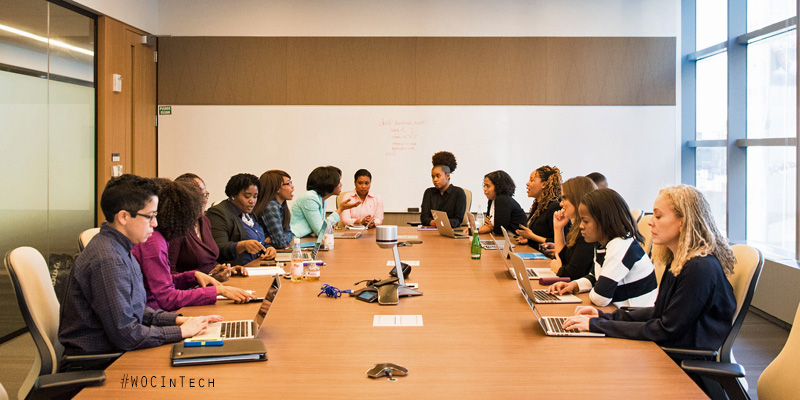
Time for compulsory BAME diversity reporting?
Hello and welcome to issue 93, the BAME Diversity issue. Gender dominates the diversity agenda, and the introduction of compulsory gender pay gap reporting for organisations in England, Wales and Scotland with 250 or more employees is already creating a culture shift, with the media spotlight shining on organisations as they make their first compulsory reports.
Increasingly though, forward thinking organisations are starting to monitor their BAME pay gaps too. Professional services firms such as PwC and Deloitte have been leading the charge here, and the issue is gaining more coverage. Gender pay gaps and BAME pay gaps come about because of an imbalance. If there are more men and more non-BAME staff in the most senior, highest paying roles in an organisation then there will be gaps.
Delivering Diversity
The McGregor-Smith Review – an independent report commissioned by the Government from 2017 – found that whilst 12.5% of the UK population are BAME, they hold just 6% of top management positions. The UK’s BAME population is set to grow to 20% by 2030 from around 14% at present though, so organisations cannot afford to neglect this key part of the labour market.
In this issue we hear from Pavita Cooper, Chair of the CMI / British Academy of Management Delivering Diversity Research Advisory Board, who encourages organisations to gather data about BAME diversity in the workplace. In Delivering Diversity research carried out in 2017, 83% of HR / diversity leaders surveyed say they need better data to drive progress on race and ethnicity.
Transferring lesson from progress on gender
Delivering Diversity recommendations encourage employers to transfer lessons from progress made on gender. Only 21% of companies surveyed report publicly on BAME diversity as opposed to 71% on gender. As gender pay gap reporting is normalised, hopefully the methodologies and skills her can be applied in a broader context.
The report also highlights the sense of awkwardness amongst many employers who shy away from conversations about race for fear of saying the wrong thing. It is suggested that conversations are rebooted.
We also hear from Kathleen Henehan of the Resolution Foundation about the employment and pay penalities for BAME graduates in the workforce. Shockingly, there are graduate pay gaps of around 28% between white men and Black African women, Pakistani women, and Pakistani men.
These issues are complex and the Baroness Warsi Foundation makes the point that the challenges are found “at the intersection of identity – from class, to race, to gender and faith”. Clearly the issues won’t be resolved overnight but by taking an interest in the issues and taking action to help where we can, we can all make a positive difference.
I’m also proud to bring you our regular round up of case studies of awesome women who are breaking down the barriers and blazing a trail in male dominated fields. It was my great pleasure speaking to them and I hope you enjoy reading their stories. I defy you not to feel uplifted.





